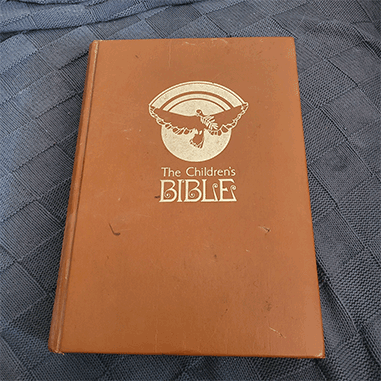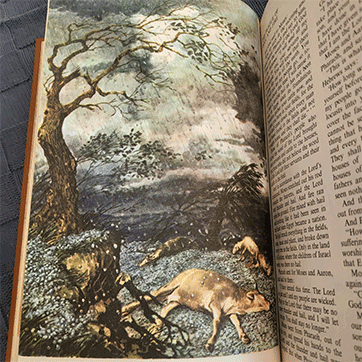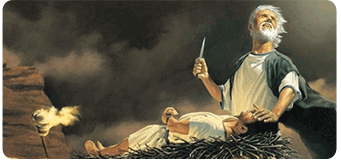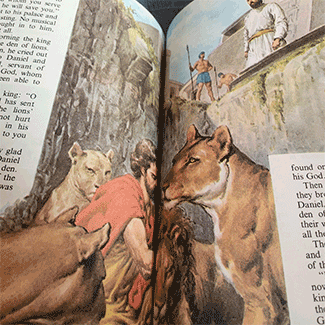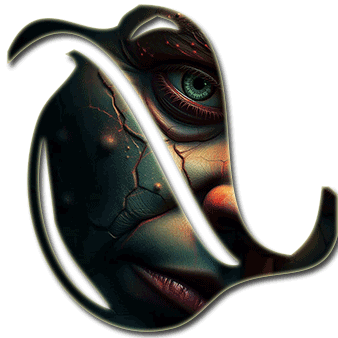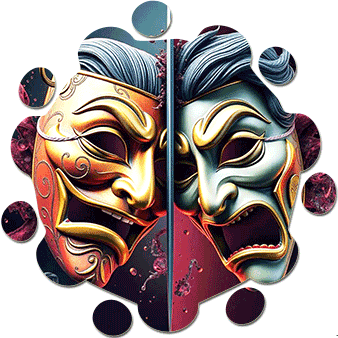A Story of an Uncle’s Love, Art, and the Legacy He Left Behind
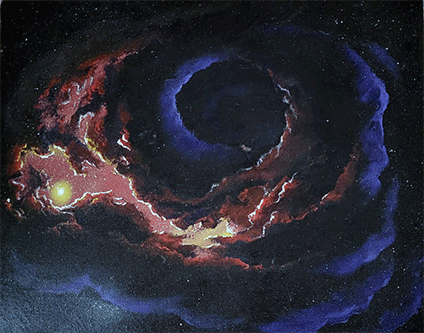
In the tapestry of family memories, some threads shine brighter than others, even when woven with sadness. My Uncle Brian was one of those brilliant threads — a black belt who practiced karate moves while I played piano, an artist who could capture both the earth and stars on canvas, and a man who could create the most amazing sounds with just his mouth. He was a walking contradiction: immensely talented yet deeply troubled, capable of bringing joy to others while harboring his own darkness.
I remember enduring him during my piano practice, his mock karate chops never quite landing, teaching me focus without meaning to. These small moments defined him — spontaneous, playful, and genuine. But behind his smile lurked a shadow that would eventually consume him.
Life has a way of unraveling slowly at first, then all at once. Like a painting left in the rain, the colors begin to run together until the original image becomes unrecognizable. First his apartment, then his girlfriend, and finally his sense of home — all washed away, leaving behind only his beloved poodles, which found their way into my inexperienced care. Those dogs, with their sharp minds and untrained habits, became a metaphor for the chaos that depression can bring into ordered lives.

California called to him like a siren, promising new beginnings, but instead delivered him back to Illinois, homeless and carrying a death wish in his pocket. When he came to live with us while my children were small, it was like watching a familiar movie where you know the ending but hope somehow it might change this time. He was still funny, still kind, still Uncle Brian — but now with a transparency to him, as if he was slowly fading from our world.
His last gift to us was time — precious months filled with laughter and connection, even as his body betrayed him. The VA hospital’s sterile halls became his final canvas, painting a picture none of us wanted to see. His artwork, now split between family and friends, remains frozen in time — beautiful pieces caught in a limbo of grief and ownership, waiting for permission to live new lives on other people’s walls.
Now he rests beside my father, brothers reunited in ash if not in life. Their urns stand together on a shelf, a permanent exhibition of family bonds that transcend the physical world.

The moral of this story isn’t about the dangers of depression or the importance of getting help, though these lessons ring true. It’s simpler and more complex than that: Love doesn’t end when someone leaves us. It transforms, becoming something new — like art waiting to be shared, or memories waiting to be revisited. Sometimes holding on too tightly to what remains can prevent us from honoring what was meant to be given freely to the world, just as Uncle Brian gave his art, his humor, and his love freely to those around him.
The greatest tribute we can offer to those we’ve lost isn’t preserving their memory in amber, unchanged and untouchable, but allowing their legacy to continue touching lives, evolving and growing, just as they would have wanted. Sometimes the bravest thing we can do is simply let go, not of the love or the memories, but of the grief that keeps their gifts locked away from a world that still needs them.

I’m open to writing for your site, contributing a guest post, or being interviewed for your content. If you’d ever like to collaborate on anything at all, don’t hesitate to reach out, I’d love to hear from you! You could also buy me a coffee and help support cybersecurity education while learning how to keep yourself safe online.
